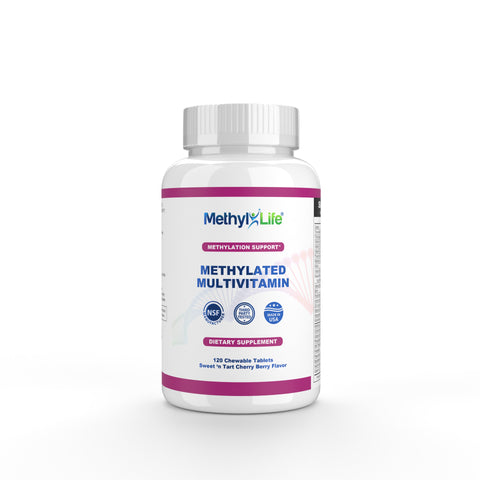Cognitive Deficits in Long Covid-19: How to recover
“Long Covid” has gained significant attention over the past two years. While technically a respiratory disease, many people report that their symptoms last well beyond the infection period and impact other bodily functions.
Fatigue was the most common symptom reported in Long Covid, with a prevalence of 23%. This is followed by memory problems, reported by 14%. A large proportion of COVID-19 patients report neurological symptoms, with one study finding that 88% experienced cognitive dysfunction or memory issues.1
There is now substantial evidence that some individuals may experience neural damage, with some studies suggesting loss of gray matter in several areas of the brain, particularly in the left hemisphere. Although conclusions about the nature of Long COVID-19 are still pending, it appears that the virus may cause mild cognitive deficits. This is more commonly known as ‘brain fog’, in which the affected individual experiences impaired thinking and poor memory.
















